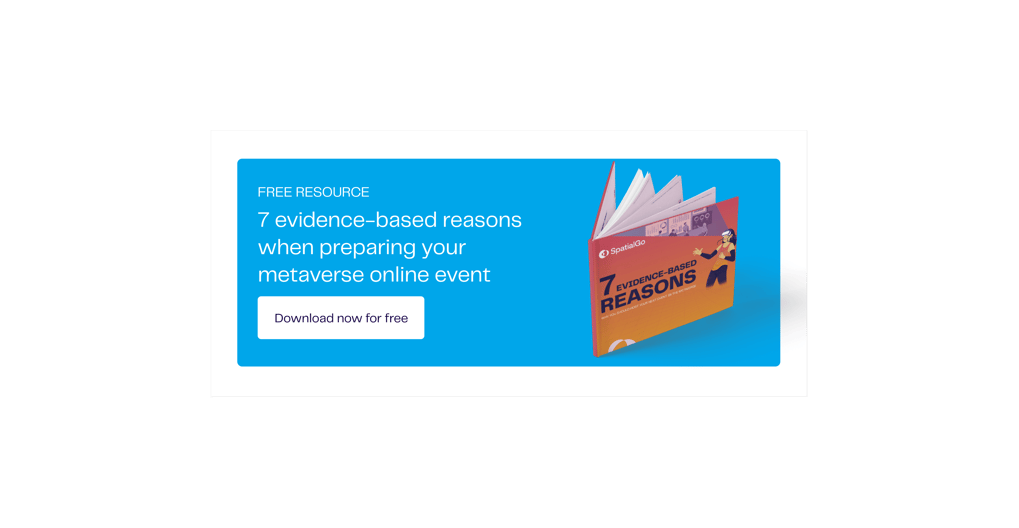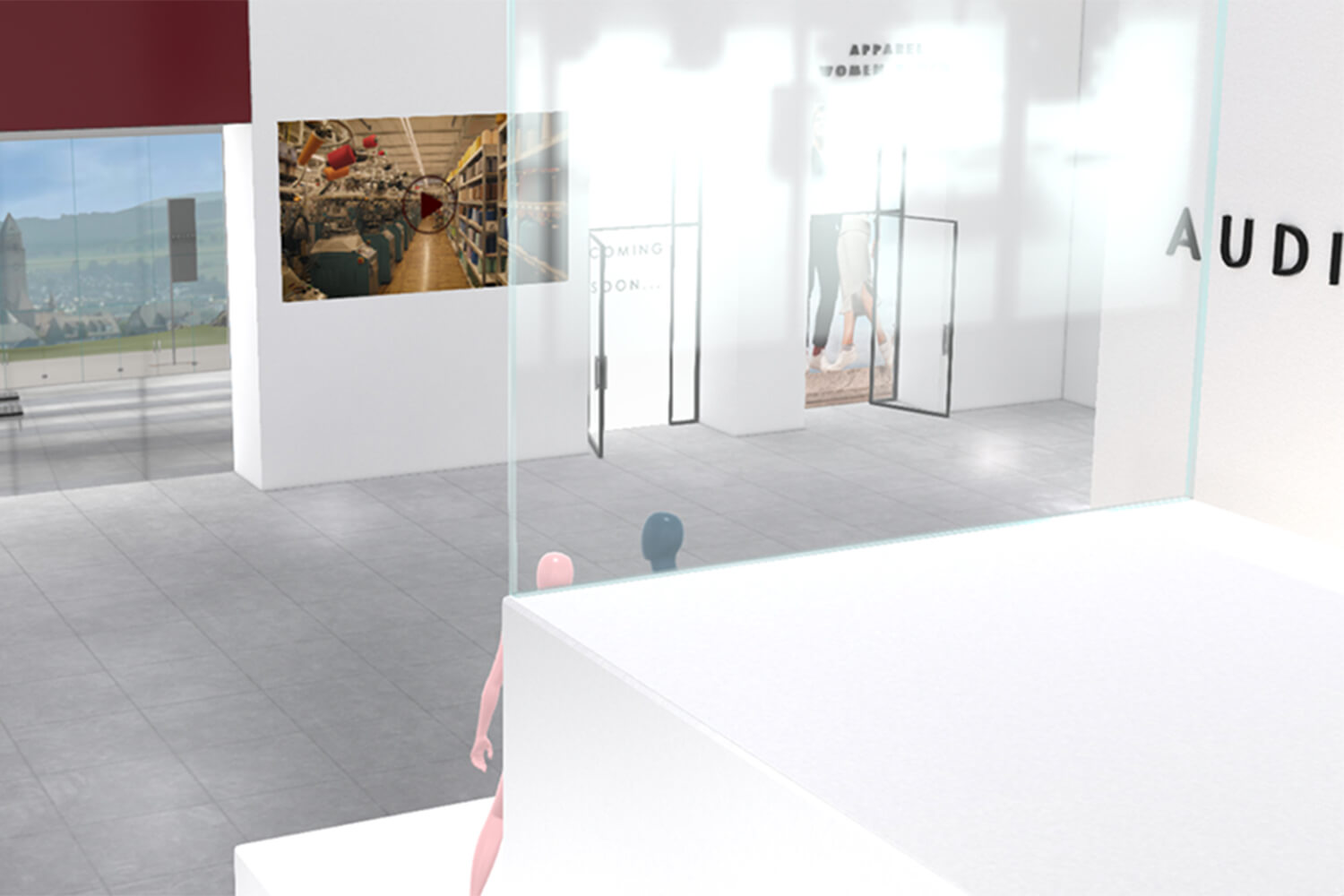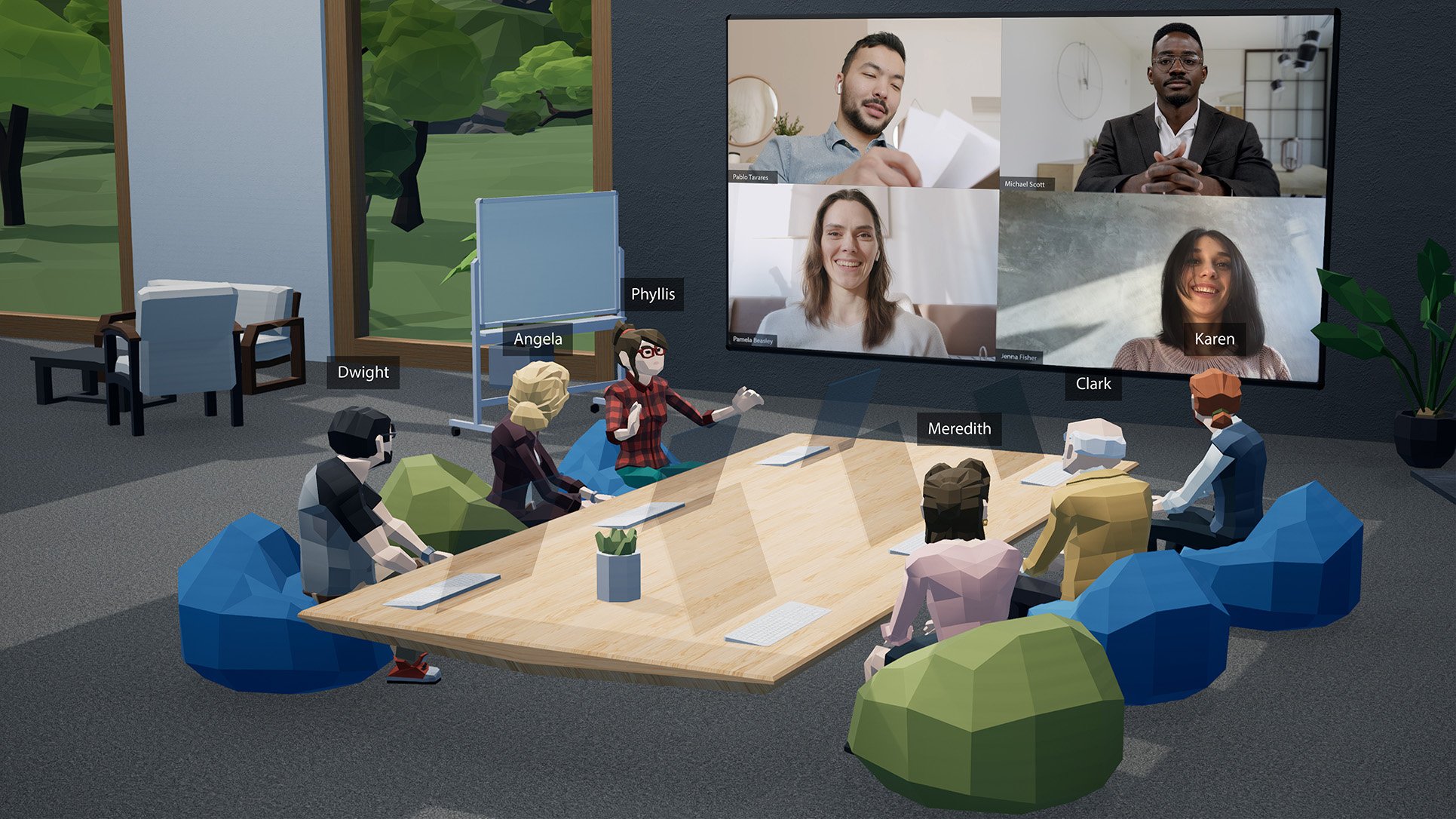When it comes to hybrid events, there are a lot of different platforms to select from. Picking the right one can be tricky as you need to consider all the factors involved. Here we are listing some research-based points to keep in mind when making your decision.
What are hybrid events?
What if you could have an event no matter where it is? With hybrid events, this is possible. You take your live event and add in some virtual components so that even those who cannot be there will still get a chance to participate through interactive websites or applications on their own time—all while maintaining the feel of being among peers—the engagement, essentially.
67% of event organisers state that ensuring technologically a smooth experience is a challenge or concern. It's not enough to just present your event. You need a full ‘suite’ approach, one that will keep audiences coming back for more. What if I told you there was a way that YOU could engage with attendees from anywhere at any time? That’s what a hybrid event is.
An overwhelming majority (80.2%) of event organisers have stated they've been able to reach a wider audience with virtual events.
What do hybrid events look like?
Hybrid events can take on a multitude of formats, depending upon your own event style and who you are targeting. The best ones prioritize the needs of both audiences, treating them equally in terms of priority. At enterprise level hybrid events, 59% of attendees join the in-person version of the hybrid event.
Hybrid event platforms are a critical element for your event. People want to experience your event virtually, but not in a virtual reality. Your hybrid platform should allow them that opportunity while still preserving some element of the physical space you're hosting it at. Obviously, those in actual attendance will be more firmly ‘present’, but there should be as small a feeling of a barrier as possible, between both virtual and non-virtual attendees.
Advantages of hybrid events
In a nutshell, hybrid events can help you to:
- Increase event reach and attendance
- Create deeper engagement
- Broaden selling opportunities
- Reduce environmental footprint
- Slash travel costs
- Turbocharge your lead pipeline
- Generate ROI
- Maximise data, as well as add to it!
- Get greater flexibility
Virtual events are much less expensive to run than in-person events. 84% of organisations who had already run virtual events reported that they spent less on virtual events than in-person ones, and the same was true of 83% of organisations who were still planning on doing so.
An opportunity to really take your image to the next level
At SpatialGo we believe that making your events extra special will go a long way in setting your brand apart. Especially when they are already proven to be highly profitable, it makes no sense to waste the opportunity to get some interest in your offering, no matter what it may be. In fact, 45% of B2B event organisers state that they aim for a 3x ROI one year post-event.
Take for instance IMB’s virtual pop-up back in 2020. Zreality was chosen to power the experience. IBM created a transparent, light space with modern rooms full of seating. Upon arrival, visitors receive initial information at a help desk, while interactive displays in various activation zones provide more information and context around technology topics. In addition, events take place, too, such as the IBM Cloud Summit where IT decision-makers, IT architects and developers attend lectures, have conversations with experts and even direct demo sessions.
Things to consider prior to choosing a hybrid event platform:
Purpose
Holding hybrid events is a good way to create dialogues and share ideas, but if you don’t know why you are doing so, you may be wasting your time. If you are unclear about your objectives, it won’t matter.
Why do you want your audiences combined? Is it because you want to broaden your reach? Is it because you want to increase inclusiveness? Or is it because you want to allow your attendees the choice of how to attend an event?
We have seen awards ceremonies do well, where the sponsors’ brand reach exceeded expectations. They are delighted as they get to be in front of all attendees and enjoy an increased ROI on their event investment because get them in front of new faces.
Design and prior input
You know what they say about the importance of spending enough time on program design. Well, this is especially true when you’re trying to create a hybrid event program that will not only meet expectations, but exceed them. It takes more than just video capturing in-person content and streaming it online or off - there must be agreement and motivation for properly designing each part so that everything flows together smoothly.
The old adage "content is king" comes into play here, because if we don't consider how we flesh out what we are doing, it could seem rather empty to an audience. Expectations of attendees are increasing and whether they attend in-person or virtually, your audience wants to feel as though you've personally tailored the experience just for them. To do this means allowing time enough so that you can work through their individual journeys, with any issues solved prior to event commencement.
Routes
User journeys are an essential part of any event planner's toolkit. Forgetting about this can prove to be a fatal error, because there is too much at stake. User journeys are especially pertinent for hybrid events as opposed to merely virtual ones. Conferences, for instance, require more complex parts to be handled well for in order for them to succeed. However, sometimes the user experience has not been tested, which becomes evident by the lack of functionality or inability to carry out what had been planned in events that go awry.
The journey is what makes the experience. You need to take care of everyone on this list - speakers, press and exhibitors alike- because they all have a part in making sure your event goes off without any hiccups or issues.
Testing each of your journeys from beginning to end will give you a positive ROI. The detail is what matters most, and that’s where flawless execution really pays off.
Time
Being late is a big mistake if you want your hybrid event to be successful. You need to be in control of time, not a slave to it. Speakers may stretch out their timing just a bit more than what would be ideal, but it’s the host and organiser's job to keep everything tight. The audience will always expect accuracy and punctuality - despite them not being in person, they still have the same expectations when it comes to these absolute basics.
Using hosts is a great way to ensure that both audiences have fun and interesting experiences. By having an in-person host, as well as a virtual one (or more), you stack the odds in your favour when it comes to ensuring the event is as smooth as it can be.
Directionless
Luckily, there's a way around having to do everything yourself. A virtual component is new and unfamiliar for some planners; however, help can be found in the form of specialists like hosts or producers who specialise in these types of events online through technology such as Skype (or other video chat programs). It makes sense because they offer expertise thatwhich you don't always have access to - plus coordination across different groups becomes much easier when working alongside someone knowledgeable.
Virtual hosts are an important part of any event, acting as the conduit between production teams and speakers with attendees. The host can demonstrate how technology works to enable delegates at your conference to get the most out of their experience, for example, by answering questions or scanning poll results arriving via remote communication tools e.g. Microsoft Teams. There are a myriad of ways that they can add extraordinary value to the event host.
SpatialGo, a hybrid event platform like no other
With SpatialGo, you can create and manage an unlimited number of rooms. With our easy-to-use interfaces and all the necessary features, at your fingertips so that everything runs smoothly behind the scenes without any stress. 86% of B2B organisations see a positive ROI of their hybrid events 7 months after the event date. SpatialGo's immersive 3D environments allow you to capture the attention of your visitors with pinpoint accuracy. And don't worry about privacy or post-event nurturing either, as they sync up their system so that individual follow-ups can be carried out with any interested contacts while keeping data private.
Conclusion
A LinkedIn study showed that 85% of marketers had held a virtual event last year, and 28% said that between 90-100% of their events are now virtual. With the right tools and platform, spatial computing can be a powerful tool for any creative event or even project. Use it to your advantage by experimenting with different ways of interacting in order to create an experience that is both memorable and enjoyable. If you need a tech partner that has all the necessary features to keep everything running smoothly behind the scenes, SpatialGo might be the right one for you.
Using our platform, you can easily create and customise rooms. With just one click of the mouse or tap on your screen, you create a whole new world. 3D model importing with customisable branding, all in an immersive environment that captures user attention, is effortless. And don't worry about privacy either; SpatialGo will sync up CRM systems to deliver personalised messages after every event has finished, all the while keeping the privacy of attendees.
Download the whitepaper and see our insights into the wonderful world of the metaverse.



.jpg)






.jpg)

-s.jpg)
